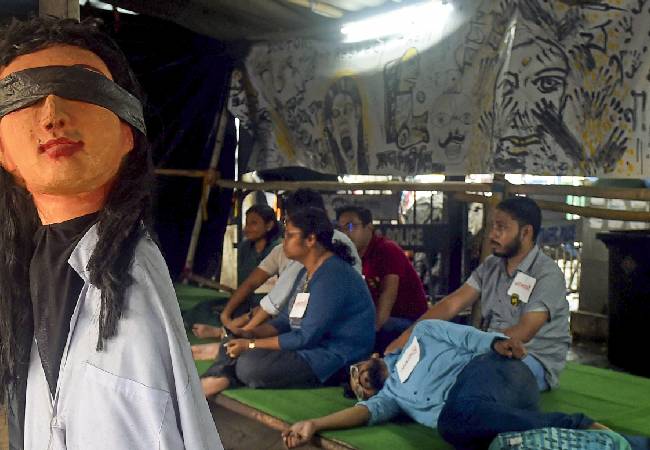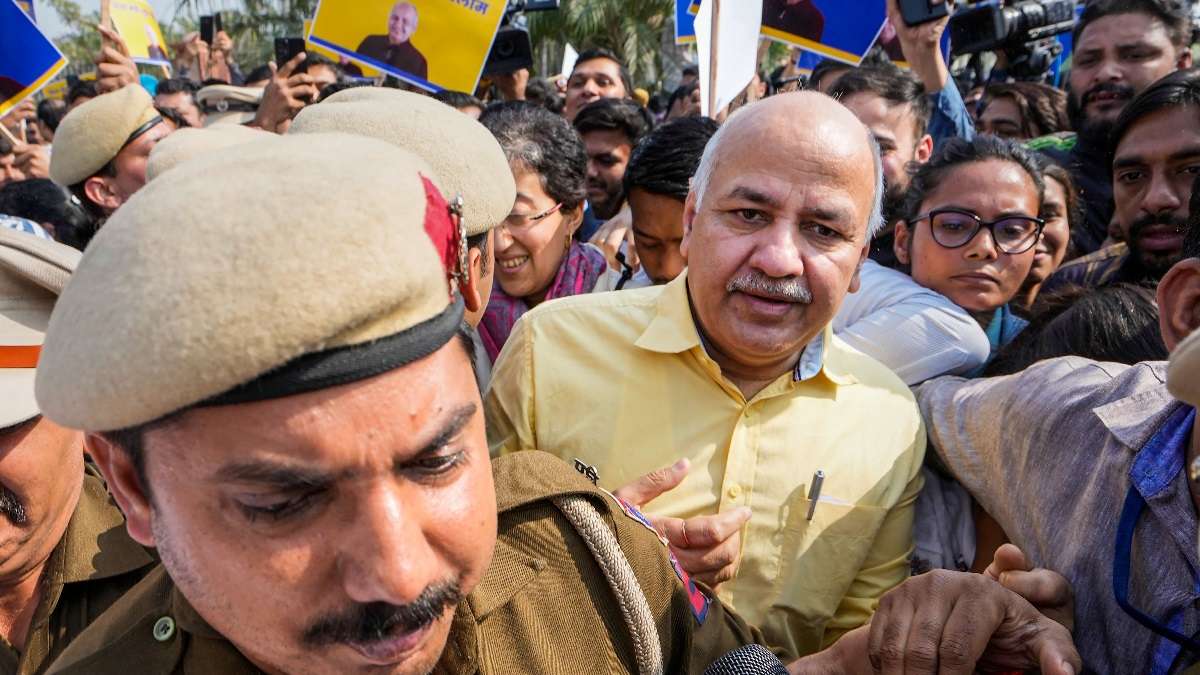Areas Under AFSPA Reduced in North East, says Amit Shah
Amit Shah attributed this move of reducing areas under AFSPA is improvement in the security situation and fast-tracking developments in the area due to consistent efforts and several agreements to end insurgency and bring lasting peace in North-East by the Narendra Modi government.

New Delhi: Union Home Minister Amit Shah stated today that territories covered by the contentious Armed Forces (Special Powers) Act in Assam, Manipur, and Nagaland will be reduced after decades and the move is considered one of the biggest outreach to Northeastern states.
In a Twitter post, The Union Home Minister credited this move to Prime Minister Narendra Modi, ”In a significant step, GoI under the decisive leadership of PM Shri Narendra Modi Ji has decided to reduce disturbed areas under Armed Forces Special Powers Act (AFSPA) in the states of Nagaland, Assam and Manipur after decades.”
Amit Shah attributed this move of reducing areas under AFSPA is improvement in the security situation and fast-tracking developments in the area due to consistent efforts and several agreements to end insurgency and bring lasting peace in North-East by the Narendra Modi government.
He congratulated the people of the North East and thanked Narendra Modi for his unwavering commitment. He said the NE region was neglected for decades and it is now witnessing a new era of peace, prosperity and unprecedented development.
In a significant step, GoI under the decisive leadership of PM Shri @NarendraModi Ji has decided to reduce disturbed areas under Armed Forces Special Powers Act (AFSPA) in the states of Nagaland, Assam and Manipur after decades.
— Amit Shah (@AmitShah) March 31, 2022
All the political parties during the recently concluded Assembly elections in Manpur promised to address the demand to remove the controversial act from the state. Biren Singh, who was re-elected as Manipur Chief Minister for a second term, campaigned on a cautious promise to address AFSPA. Though he stated that he would strive to repeal AFSPA, he supported a "balanced approach" that addresses ground realities.
According to a Home Ministry spokesperson, the decision does not suggest that the AFSPA has been repealed in the three insurgency-hit states, but that it would remain in effect in some regions.
The AFSPA gives security personnel the authority to conduct operations anywhere and arrest anyone without a warrant. It also gives armed forces some protection in the event of a botched mission. The law was enacted to assist security forces in combating insurgency in "disturbed areas," as defined by the government. It not only grants them broad powers but also grants them legal immunity from civilian prosecution.
Nonetheless, activists have been demanding its recall for decades, citing several instances of violations of human rights. Opponents assert that the act protects personnel who commit human rights violations and criminal actions because they cannot be punished in civilian courts and the military's internal processes are opaque. According to the act, local police must obtain prior authorization from the central government before prosecuting army or paramilitary troops in civilian courts.
The move comes at a time when calls to repeal the act have gathered traction in the aftermath of the death of 14 people in firing by security personnel in a botched anti-insurgency operation and retaliatory violence in Nagaland's Mon district on December 4 last year.

















